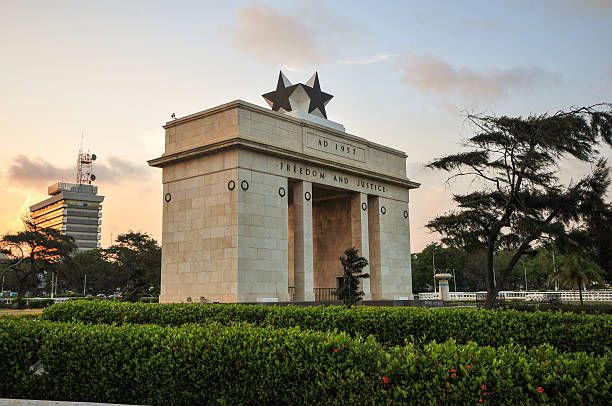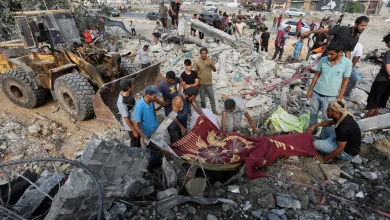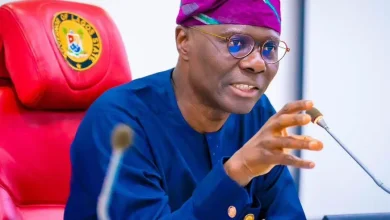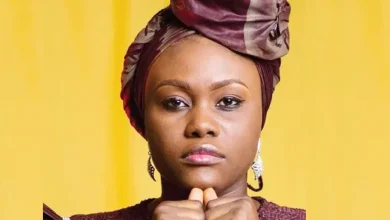Ghana’s Parliament Adjourns Indefinitely Amid Legal Dispute Over Vacant Seats

Ghana’s Parliament has adjourned indefinitely following a contentious legal dispute triggered by Speaker Alban Bagbin’s decision to declare four parliamentary seats vacant.
This unexpected move halts all legislative activity just under two months before the country’s general elections, potentially freezing the passage of critical bills and budgetary approvals.
Traditionally viewed as a pillar of political stability in a region often marked by unrest, Ghana’s Parliament has not been without its turbulence. Notably, during its inauguration in 2021, soldiers had to intervene to restore order after a physical altercation erupted among lawmakers.
The adjournment stems from a standoff between the ruling New Patriotic Party (NPP) and the opposition National Democratic Congress (NDC). The NDC currently holds a slim majority following the defection of four lawmakers, intensifying the existing tensions.
Ghana’s constitution explicitly prohibits MPs from defecting from their elected party to run for another party or as independents, a core issue at the heart of the current dispute. The declared vacant seats include two from the NPP, one from the NDC, and one independent MP.
Speaker Bagbin emphasized the lack of quorum, stating, “We don’t have at least half of all members of Parliament present. In view of the current circumstances, I will proceed to adjourn the House indefinitely.”
The NPP, whose members staged a walkout earlier in the session, is contesting the legality of Bagbin’s decision and has taken the matter to the Supreme Court.
NPP leader Alexander Afenyo-Markin defended the party’s exit from the chamber, asserting that they wanted to avoid potential physical confrontations with the opposition, which had occupied their seats in protest. He stated, “The NPP has always used the courts to correct wrongs. We will not allow the NDC to create chaos and disturb the peace of this country.”
The adjournment could have significant ramifications for government operations, according to Rasheed Draman, executive director of the African Centre for Parliamentary Affairs. He noted that the situation could paralyze essential government functions, especially with crucial legislation pending, including a World Bank loan agreement, energy policies, and the approval of a mini-budget for the upcoming fiscal year.
Draman urged both parties to seek compromise and negotiation to avoid a complete legislative deadlock, emphasizing the importance of maintaining order in the lead-up to Ghana’s presidential and parliamentary elections on December 7.





